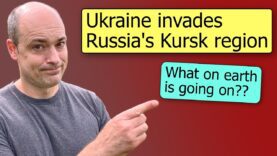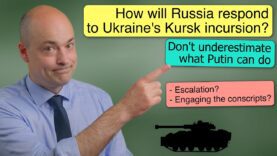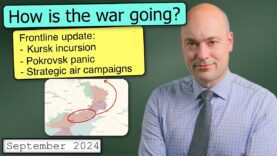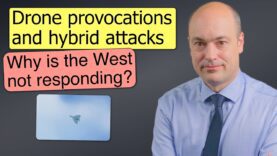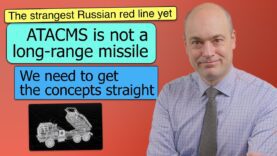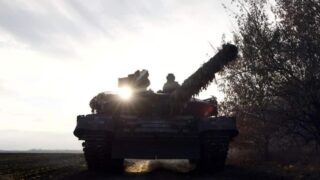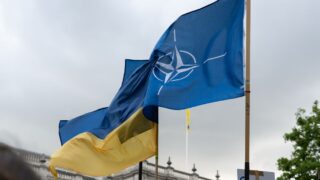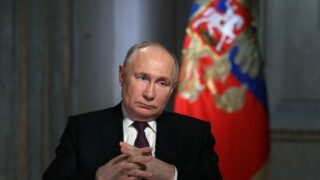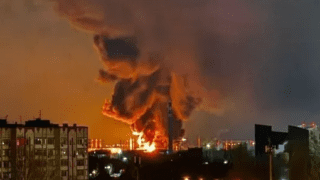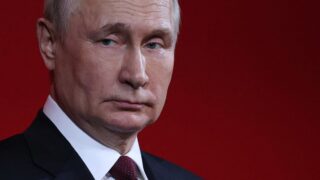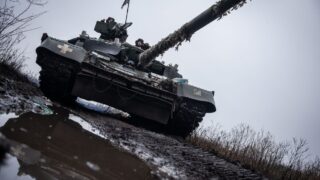Why is NATO not responding to Russian provocations?
Video Summary
In recent times, there have been a series of mysterious events, including fires, sabotage, and other unusual occurrences across Europe. Some of these events may be linked to Russia, and there have been indications that Russian drones have violated the airspace of NATO member countries. Surprisingly, there has been a lack of reaction from the Western powers, and this has sparked debate. It is possible that this lack of reaction is not due to a lack of courage or political will, but rather a deliberate strategy to avoid giving Russia the attention it seeks. The purpose of these hybrid attacks is not to cause kinetic effects, but to create an impact in the information space. Russia wants to provoke a reaction, to set the agenda in the media and to create a sense of unease among the public. Ukraine, for instance, is trying to move the war from its territory to Russian territory, hoping to gauge the consequences of the war on the Russian people and force Russia to use its military resources to defend its own land. Similarly, Russia is using similar tactics to try to create a sense of fear among Western nations, making them feel that the war is coming to their doorstep and forcing them to divert military resources to protect their own countries. By ignoring these attacks and not giving in to the provocations, Western powers can reduce the hybrid attacks to their kinetic value, which is often relatively small. This approach has been successful so far, as it has allowed NATO members to maintain their focus on supporting Ukraine without being sidetracked by these hybrid attacks.


